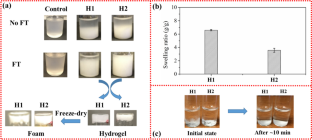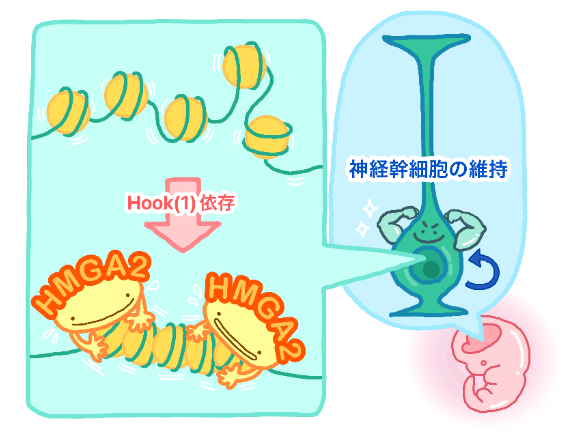2023-10-16 カリフォルニア大学サンディエゴ校(UCSD)
◆マウスでの実験により、このバイオマーカーが神経系全体と異なる発達段階の神経細胞に対して信頼性があることが示された。この研究はNeuron誌に掲載され、シングルセルRNAシーケンシング技術を使用して行われた。
◆再生分類子と名付けられたこのバイオマーカーは、再生可能な神経細胞を予測し、神経再生の基本的な生物学に関する新たな理解を提供する可能性があります。しかし、臨床診断のツールとしてはまだ使用されておらず、研究室での神経科学研究の支援に利用されています。
<関連情報>
- https://today.ucsd.edu/story/new-biomarker-predicts-whether-neurons-will-regenerate
- https://www.cell.com/neuron/fulltext/S0896-6273(23)00707-9
ScRNAのディープシークエンシングにより、広範に適用可能な再生クラシファイアが明らかになり、皮質脊髄軸索再生における抗酸化反応の関与が示唆された。 Deep scRNA sequencing reveals a broadly applicable Regeneration Classifier and implicates antioxidant response in corticospinal axon regeneration
Hugo J. Kim,Junmi M. Saikia,Katlyn Marie A. Monte,Eunmi Ha,Daniel Romaus-Sanjurjo,Joshua J. Sanchez,Andrea X. Moore,Marc Hernaiz-Llorens,Carmine L. Chavez-Martinez,Chimuanya K. Agba,Haoyue Li,Joseph Zhang,Daniel T. Lusk,Kayla M. Cervantes,Binhai Zheng
Neuron Published:October 16, 2023
DOI:https://doi.org/10.1016/j.neuron.2023.09.019
Highlights
•Applying Garnett to deep scRNA-seq of CST neurons led to Regeneration Classifier
•Regeneration Classifier predicts regenerative potential of diverse neuronal types
•Network analyses implicate antioxidant response and mitochondrial biogenesis
•Deleting antioxidant response gene NFE2L2 blocks CST axon regeneration
Summary
Despite substantial progress in understanding the biology of axon regeneration in the CNS, our ability to promote regeneration of the clinically important corticospinal tract (CST) after spinal cord injury remains limited. To understand regenerative heterogeneity, we conducted patch-based single-cell RNA sequencing on rare regenerating CST neurons at high depth following PTEN and SOCS3 deletion. Supervised classification with Garnett gave rise to a Regeneration Classifier, which can be broadly applied to predict the regenerative potential of diverse neuronal types across developmental stages or after injury. Network analyses highlighted the importance of antioxidant response and mitochondrial biogenesis. Conditional gene deletion validated a role for NFE2L2 (or NRF2), a master regulator of antioxidant response, in CST regeneration. Our data demonstrate a universal transcriptomic signature underlying the regenerative potential of vastly different neuronal populations and illustrate that deep sequencing of only hundreds of phenotypically identified neurons has the power to advance regenerative biology.
Graphical abstract



